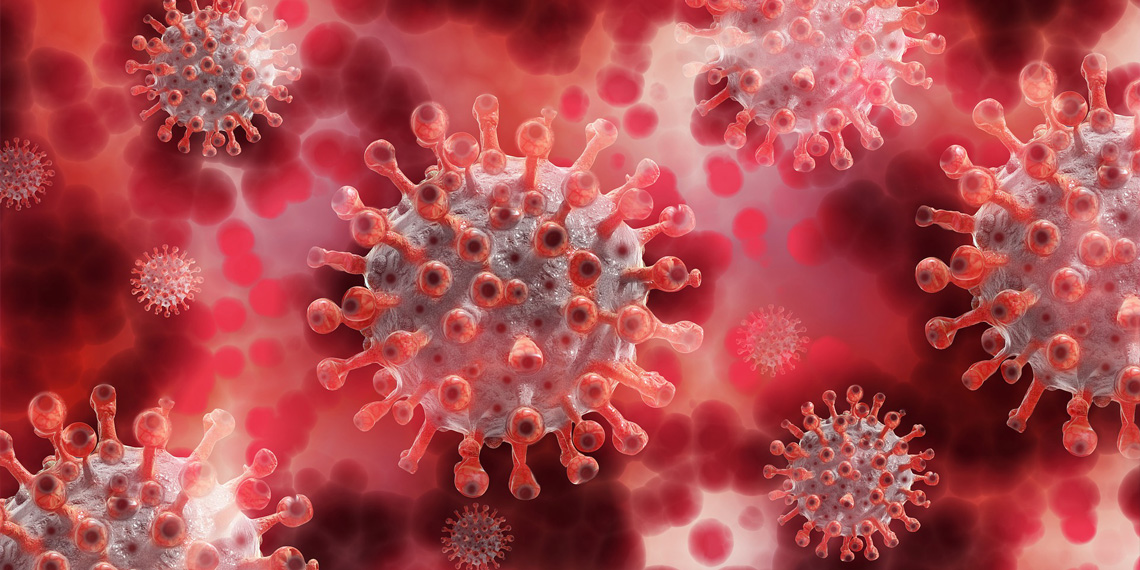An analysis of health data and social media posts of U.S. Congress members found that after being personally infected with COVID-19, these individuals tended to decrease their opposition to COVID-19-related government policies on social media by approximately 30% on average. The research was published in Political Communication.
In late 2019, the COVID-19 epidemic, caused by the SARS-CoV-2 virus, emerged and quickly spread globally. In response, governments worldwide implemented measures to curb the virus’s spread, including lockdowns, mandatory mask-wearing, and physical distancing requirements in social settings. In many parts of the world, hospitals were overwhelmed with patients, straining healthcare systems and sometimes leading to shortages of critical supplies.
However, the reactions of political leaders were mixed. While some implemented and supported very stringent anti-COVID-19 policies, others opposed these measures, citing the disruptions they caused to the economy and daily life. Still, governments that implemented anti-COVID-19 measures generally received public support, though these measures also led to increased skepticism toward state interventions, the effectiveness of these measures, and even the existence of the SARS-CoV-2 virus, fueling polarization within societies.
Study author Zachary P. Dickson and his colleagues note that the United States is one country where the public debate around COVID-19 and its consequences has been extremely polarizing, with many key politicians propagating false and misleading assertions and attempting to downplay the threat posed by the virus. The authors conducted a study to examine how personally experiencing COVID-19 infection affected the intensity of opposition these politicians expressed toward anti-COVID-19 measures.
They began the study by collecting social media posts on Twitter and official press releases of U.S. Congress members from that period. They fine-tuned an AI language model to classify these texts according to whether the author expressed support or opposition to a given COVID-19-related policy or measure. Next, they used GovTrack data to obtain information on when different legislators (U.S. Congress members) were infected with COVID-19. They then compared the COVID-19-related sentiment of these individuals’ tweets before and after contracting the infection.
The study authors note that the GovTrack team used a variety of sources to compile an accurate list of when each member of the U.S. Congress contracted COVID-19. However, it is possible that the list is not perfectly accurate, as some members may have contracted the infection but showed no symptoms and remained unaware. Nevertheless, this inaccuracy, if it exists, may not be relevant to the current analysis, as the authors do not expect an asymptomatic COVID-19 infection to have affected their attitudes.
Results showed that by April 2021, more than 100 members of Congress had been infected with the virus. By April 2022, this number had risen to over 200. Interestingly, at the start of the pandemic, the level of opposition to COVID-19 policies was relatively low among both Democrats and Republicans, though somewhat higher among Republicans at certain points. From roughly April 2021, attitudes began to diverge sharply, with Republicans expressing increasing levels of opposition to COVID-19 policies, while Democrats maintained a low level of opposition.
As expected, a comparison of tweets from Congress members before and after they were infected showed that the level of opposition to COVID-19 policies expressed in tweets was significantly lower two weeks after infection compared to two and four weeks prior. The level of opposition increased somewhat, on average, one month after infection, indicating that personally contracting COVID-19 temporarily reduced lawmakers’ opposition to COVID-19 policies on social media.
In terms of tweets, on average, Congress members who were infected with COVID-19 sent approximately 0.3–0.4 fewer messages expressing opposition to COVID-19 policies in the four weeks after infection, compared to the four weeks before infection. This amounts to roughly a 30% reduction in legislators’ expressions of opposition to COVID-19 policies on Twitter.
However, after the treatment period ended, these lawmakers’ level of opposition gradually returned to pre-infection levels. Around three months after infection, the number of messages opposing COVID-19 policies had returned to their pre-infection frequency. During the four weeks after infection, lawmakers also tended to increase the total number of tweets they made.
“Employing a staggered difference-in-differences design and matrix completion methods, our analysis reveals that COVID-19 infections caused a reduction of approximately 30% in legislators’ expressions of opposition to COVID-19 policies on social media. These findings underscore that elites are indeed responsive to policy shocks – even in highly polarized contexts – when they are personally affected by an issue,” the study authors concluded.
The study sheds light on the effect of personally contracting COVID-19 on political attitudes expressed by U.S. Congress members. However, the authors note that it remains unclear to what extent social media messages reflect the true personal preferences of U.S. Congress members. It is entirely possible that members of the political elite say one thing publicly while personally believing another.
The paper, “The Effects of COVID-19 Infection on Opposition to COVID-19 Policies: Evidence from the U.S. Congress,” was authored by Zachary P. Dickson and Tevfik Murat Yildirim.




